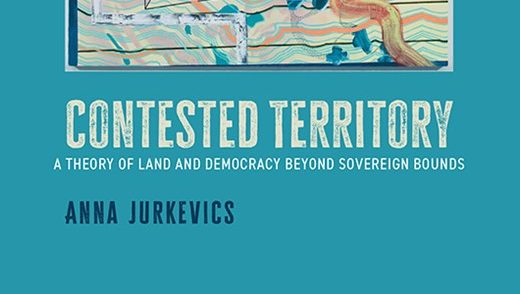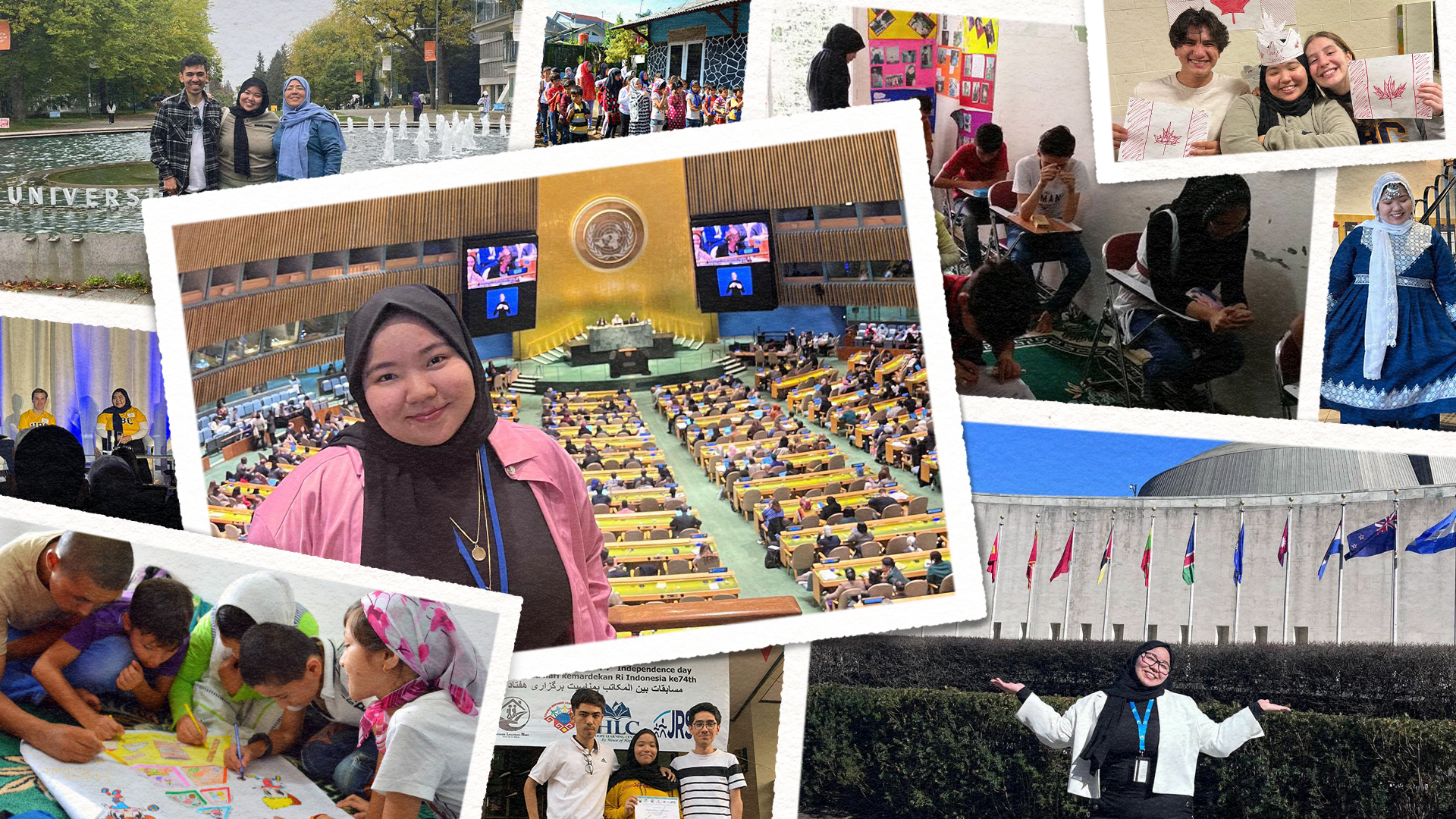

Cole Evans, BA'23
Cole Evans is a consultant with Deloitte Canada, working in the firm’s Human Capital practice and specializing in Organizational Strategy & Design. In his role, Cole works with a wide variety of clients including non-profits, governments, and multi-billion dollar companies, advising them on transformational organization design, governance, and operating model initiatives.
Born and raised in Calgary Alberta, Cole started at UBC in 2017 and graduated with a degree in Political Science in 2023 after six action-filled years of studying, leading the AMS through the COVID-19 pandemic, and a little bit of fun along the way.
He also serves as a member on the Board of Directors for BC Hockey, and previously served as Vice-President and President of the AMS of UBC Vancouver from 2019 to 2022.
How did your POLI degree prepare you for your current profession?
I think the biggest thing is that Political Science degrees are so versatile. They’re almost like the Swiss Army Knife of undergraduate degrees—you learn so many skills and concepts that are applicable to the vast majority of careers. For me, developing my ability to write well, research effectively, synthesize concepts, analyze data, and articulate points of view have all been integral to my role as a consultant.
On top of all of that, most the material you learn in Political Science can be leveraged in a variety of ways beyond politics and government. For example, understanding political theory and power structures is applicable to how we advise clients on issues of organizational structure and how they manage teams. Political Science degrees truly set you up to pursue whatever you want to do, no matter what industry you choose.
Were there any courses or extracurricular experiences (POLI-focused or otherwise) that you completed while at UBC that helped you realize that Policy was the right post-graduation pathway for you?
I always knew that I love learning and talking about politics, but was never really sure that going into government or law was the right career path for me. This perspective was validated after my time at the AMS, where I realized through my experiences working with government leaders and agencies (as well as public institutions like UBC or even quasi-government-like student unions like the AMS) that it was a bit too bureaucratic and slow-moving for my working-style. I wanted something faster paced, more versatile, where I could get exposure to various industries—and consulting ticks all of those boxes.
Even though student unions can be frustrating and challenging for everyone at times, they are important organizations that do great work, and I learned a lot during my time at the AMS. Through my work, I learned that I had a passion for strategy, corporate governance, organization design, and, ultimately, working on projects that had a goal to make things better for people.
Consulting seemed like the perfect fit for me to continue doing what I liked, in addition to giving me the ability to learn about other industries that I might want to work in later in my career. I realize that not everyone gets to be AMS President and get the same executive-level experience that comes with that job, but you don’t need the same experience to reach similar conclusions. You can learn all of the same things about yourself by just getting involved, whether it be in a club, undergraduate society, or even paying attention to the courses you really love versus the ones you don’t.
What is something that excites you about the work that you do? What is something that challenges you?
The biggest thing that excites me about working as a consultant is the ability to have a real impact on the world through the clients that we solve problems for. That might sound like corporate fluff, but it’s true. The clients we serve at Deloitte include all levels of government, multi-billion dollar publicly-traded companies, and brands that you use every day. When we help them make their organizations better, those improvements cascade down to all of us. In my experience so far, I’ve worked on projects that have improved public safety, supported the Canadian energy transition, and enhanced the way we work with foreign governments. These are consulting projects, but they also could just as easily be topics you might cover in a Political Science course.
I think the most challenging thing about consulting is that it can be demanding. It’s very-fast paced, the standard of work is high, there are sometimes long days, and it requires a lot more independent ownership of your career and self-motivation (for context, Deloitte operates a “matrix-style” structure where you have no real “boss” – requiring you to work and advocate for yourself independently) than other post-grad jobs. However, if you’re a go-getter, enjoy project work, and thrive off making connections with others, you’ll have no problem settling in.
If you could offer a piece of advice to your undergraduate self—knowing what you know now about your chosen post-graduation pathway—what would it be?
Not to worry about it! I find that students sometimes get so worried about career planning that they lose sight of the fact that you absolutely do not need to know what your job is going to be once you graduate. Take time (either through work, volunteering, or just vibes) to figure out what you’re passionate about and what gives you energy, and focus your attention on the potential pathways that align with that. And if you pick wrong, who cares! People change careers all the time, and as a new graduate you have many, many, years to change pathways as a many times as you want.
I know all of this is easier said than done, but time is on your side and you have lots of it.
Can you recommend any resources that might help undergrads answer the question, “Is working in policy the right post-graduation pathway for me?”
This article from Harvard Business Review is fantastic and sums up what being a consultant is like pretty perfectly.
If current POLI undergraduate students have additional questions about pursuing a career in consulting, can you provide your LinkedIn URL?
Absolutely! Something a lot of people don’t realize is that coffee chats are a big part of consulting culture. You never have to feel awkward about reaching out to someone in consulting because we’re used to it. I’d love for people to reach out to me anytime on LinkedIn.


